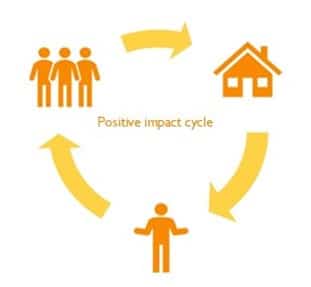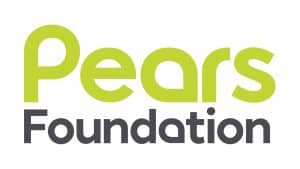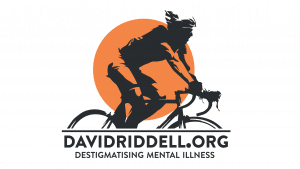This Emotional Health Week, 19th to 23rd February, we hear from CYPMHC members The Centre for Emotional Health who tell us about what emotional health is, why it is beneficial to babies, children and young people, and how this aligns with the Coalitions 3 strategic priorities.
The Centre for Emotional Health, are proud members of the Children and Young People’s Mental Health Coalition. However, people are frequently confused about exactly what emotional health is, where it ends, and mental health begins. The two are extremely closely linked but are different.
Emotional health is the set of skills and beliefs that shape our thoughts, feelings and behaviours. It is affected throughout our lives by our relationships and our experience of the relationships around us. Good emotional health is being aware of, understanding and managing our whole range of emotions.
At The Centre for Emotional Health, we know that adults modelling positive relationships and behaviours is very beneficial to babies, children and young people and this is key to helping us to build healthy beliefs.
There are seven components of emotional health, and while each is important within its own right, it’s how they work together that forms our emotional health. Having good emotional health supports us with how we feel, think, behave, and interact with those around us. These skills and beliefs impact our quality of life as well as providing us with protective factors if we’re experiencing physical or mental health problems.
You can find out more by watching this animation.
Let’s map emotional health against the three priorities of the Children and Young People’s Mental Health Coalition.
- A mentally healthy generation with a focus on reducing risk factors for poor mental health and ensuring all babies, children and young people have strong protective factors; and creating positive and supportive environments where good mental health is promoted.
Good emotional health acts as a significant protective factor against poor mental health. “Emotional health at age 16 is a stronger predictor of mental health and life chances at age 30 than either demographic or socio-economic factors.”[1]
This isn’t just about individuals and families, it’s about communities as well. Improving our emotional health inevitably improves our relationships with others. In creating emotionally healthy individuals we can create emotionally healthy environments, which then contribute to emotionally healthy individuals… and so, a positive reinforcing circle is created.
- Early intervention for all with a focus on ensuring there is always a choice of early intervention services in a range of different settings and that groups of babies, children and young people at risk of poor mental health are prioritised in accessing early help.
Supporting children and young people with their emotional health (especially those at risk of poor mental health) from a very early age lays a strong foundation for the future. Building the capabilities of the adults in the lives of children means that the children observe good emotional health and well modelled relationships.
Emotional health is universal, and everyone has the seven components of emotional health and can develop them. Enabling children, young people and, just as importantly, the adults around those children to discover and learn about these components will ensure that we have a generation with good emotional health who can in turn create emotionally healthy environments.
- Strengthening specialist services to deliver the very best mental health care for babies, children and young people. This should have a focus on funding and access and making sure that if a child or young person has a mental health crisis, they receive the very best care and support.
Ensuring that protective factors such as good emotional health become embedded in society will mean that the focus on providing mental health care goes to those who need it the most, thus addressing both the crisis in funding and service provision. Creating a world where everyone can prioritise their emotional health would result in a place where those in need of particular care are more likely to receive it.
This week (19th – 23rd February) is Emotional Health Week and at The Centre for Emotional Health we are keen that as many people as possible hear about what emotional health is and why it is important. That is why we have recently partnered with Demos to produce the report Strong Foundations: why everyone needs good emotional health – and how to achieve it. We want to see a world where emotional health is valued so that children and young people can grow up in a society that prioritises and protects their mental health and wellbeing.
About The Centre for Emotional Health
The Centre for Emotional Health, has been the UK’s leading provider of emotional health programmes for the past 27 years. Through our work we have reached over 1.4 million parents and children at home and at school and have trained over 40,000 professionals working with families via local authorities, children’s centres, schools, prisons and workplaces across the UK.
[1] Goodman, A., Joshi, H., Nasim, B., & Tyler, C. (2015). Social and emotional skills in childhood and their long-term effects on adult life. London: Institute of Education








